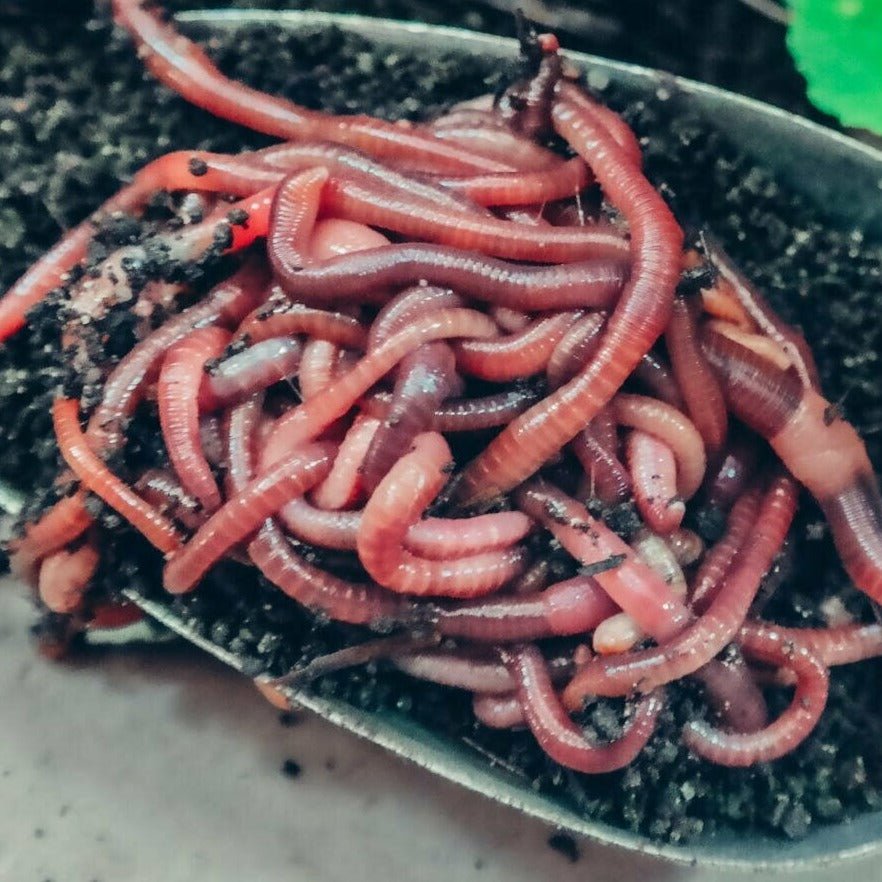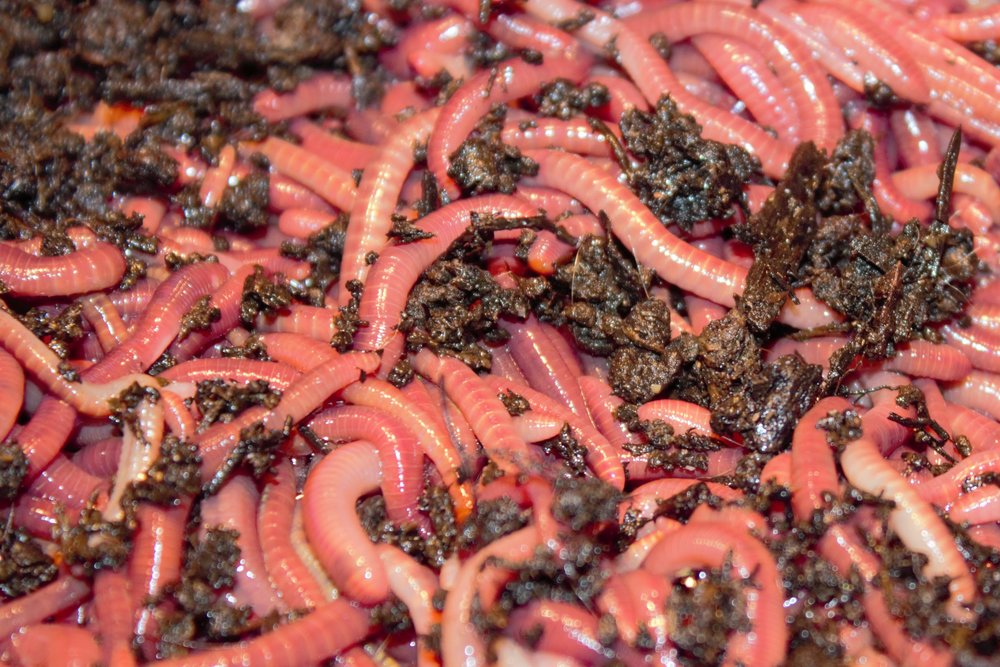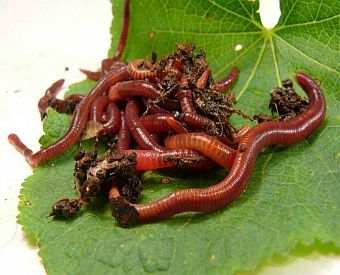Healthy red wigglers: For sustainable composting
Healthy red wigglers: For sustainable composting
Blog Article
Why Red Wigglers Are Necessary for Natural Farming
Red wigglers play a pivotal duty in organic farming, primarily via their one-of-a-kind ability to decompose organic products and improve soil health and wellness. The degree of their effect on farming practices and dirt biology raises interesting concerns concerning the future of natural farming.
Duty of Red Wigglers in Soil Health

Furthermore, red wigglers improve soil structure by creating networks as they burrow. These networks enhance aeration and water seepage, promoting a healthier root environment. Their task also assists in maintaining optimum wetness degrees, which is important for healthy and balanced plant development.

Benefits of Worm Spreadings
Worm spreadings, the nutrient-rich excrement created by red wigglers, function as a powerful modification for natural farming. These castings are replete with essential nutrients such as nitrogen, phosphorus, and potassium, which are vital for plant development. Unlike artificial fertilizers, worm spreadings launch nutrients slowly, giving a consistent supply with time and decreasing the risk of nutrient leaching and drainage.
Furthermore, worm spreadings improve dirt structure and oygenation, advertising healthier root systems. Their high organic issue material improves dampness retention, allowing plants to better hold up against drought problems. Additionally, worm castings contain valuable bacteria that sustain plant health and wellness by suppressing microorganisms and enhancing nutrition uptake.
The application of worm castings can cause increased plant yields and enhanced top quality of fruit and vegetables, making them an important source for organic farmers. Their use additionally aligns with lasting farming practices, adding to dirt fertility without the adverse ecological impacts connected with chemical fertilizers. Generally, the consolidation of worm castings into farming practices fosters a much more resistant and productive environment, highlighting the importance of red wigglers in chemical-free farming systems.

Enhancing Nutrient Cycling
(red wiggler worms near me)Vitamins and mineral cycling is an important procedure in organic farming, and the combination of red wigglers plays a critical duty in enhancing this cycle. As red wigglers take in decaying natural issue, they secrete nutrient-rich spreadings, which are teeming with helpful germs.
Moreover, red wigglers aid to accelerate the mineralization of nutrients, converting them from inert kinds right into bioavailable forms that plants can absorb. This process is critical for preserving soil fertility and advertising healthy and balanced crop growth. The existence of red wigglers likewise motivates a varied soil ecosystem, promoting an equilibrium of nutrients that supports various plant types.
Improving Soil Framework
The improvement of dirt framework is important for fostering a healthy and balanced agricultural community, and the task of red wigglers considerably contributes to this enhancement. These earthworms play a necessary duty in freshening the dirt and developing a network of networks that facilitate water infiltration and root infiltration. As they delve via the dirt, red wigglers damage up compressed layers, permitting far better oxygen exchange and promoting microbial activity.
Furthermore, the raw material generated from their waste, understood as vermicast, improves soil aggregation. This process develops steady clumps of soil bits, enhancing soil porosity and decreasing erosion (red wigglers). The visibility of red wigglers additionally motivates the advancement of useful fungal networks, which are crucial for nutrient uptake by plants
Promoting Lasting Practices
Incorporating red wigglers into chemical-free farming methods not only boosts soil health but likewise advertises sustainable agricultural approaches. These earthworms play a vital role in vitamins and mineral biking, transforming natural waste into valuable garden compost that enriches the soil. By making use of red wigglers, farmers can properly minimize reliance on artificial fertilizers, therefore lessening chemical runoff and its detrimental results on ecological communities.
Moreover, the incorporation of red wigglers urges the method of reusing natural products, such as kitchen area scraps and ranch waste. This waste decrease technique not just lowers useful site disposal expenses yet likewise fosters a closed-loop system where nutrients are continuously returned to the soil (red wigglers). Such techniques are vital in mitigating environment change, as they improve carbon sequestration and reduce greenhouse gas discharges
In addition, red wigglers enhance water retention in the dirt, which is vital in times of dry spell. Their burrowing activities develop channels that permit water to permeate much deeper into the ground, thus advertising reliable water usage. Inevitably, integrating red wigglers right into organic farming not only supports biodiversity however additionally aligns with the principles of sustainable farming, offering an alternative strategy to food production.
Conclusion
In final thought, red wigglers play a crucial duty in organic farming by substantially improving soil health and fertility. Thus, the integration of red wigglers right into agricultural practices is vital for advertising sustainability and boosting total soil quality.
Report this page